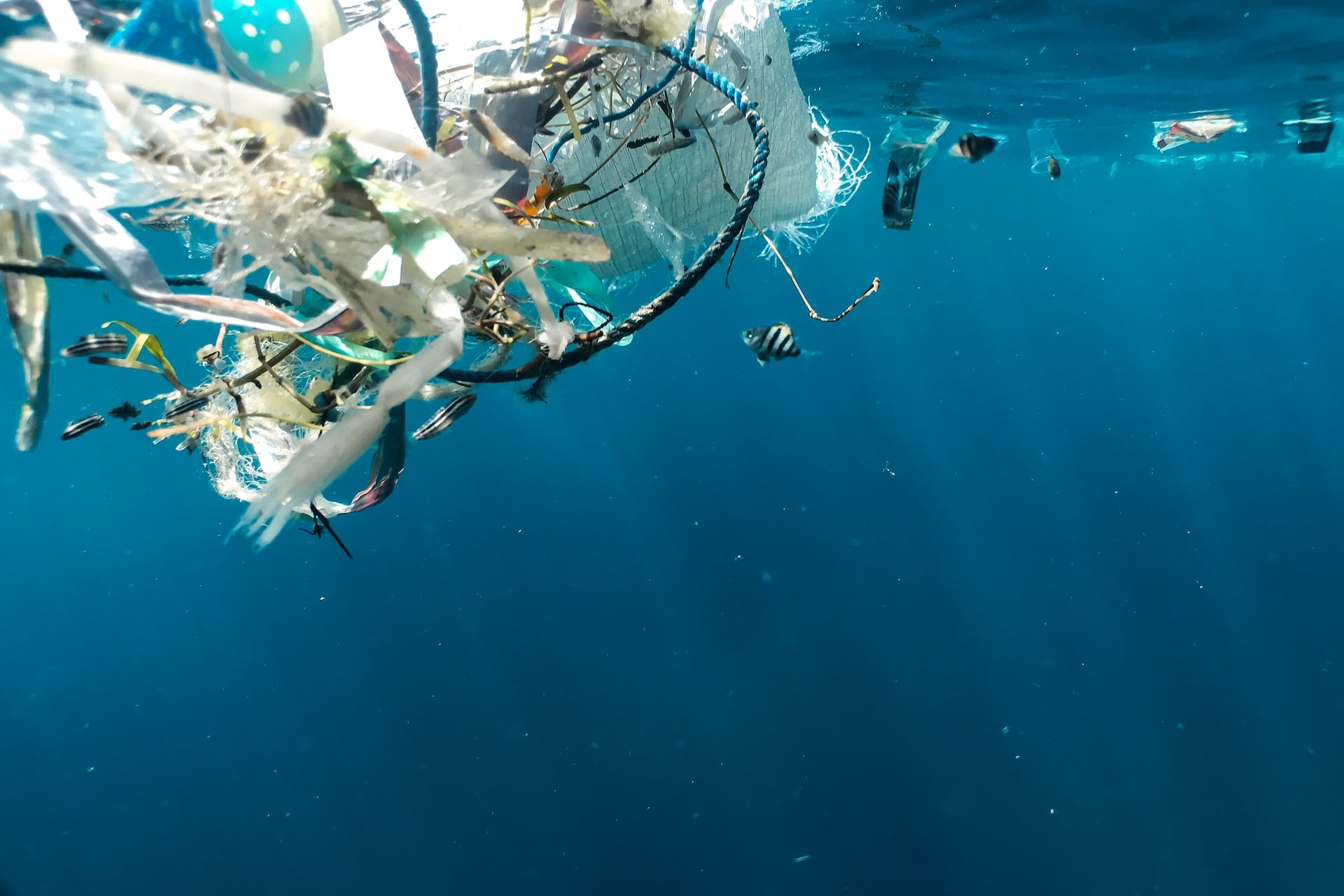
5 Ways to Keep the Ocean Clean
We are reader-supported. When you buy through links on our site, we may earn affiliate commission.
Every year, visitors flock to coastlines worldwide where they can enjoy lazy afternoons in the sun or frolic in the waves. Undoubtedly, people should take advantage of everything these beautiful landscapes have to offer.
Unfortunately, human activity has caused significant damage to our oceans. From plastic pollution to toxic runoff, it’s impossible to overlook the implications on marine wildlife and ecological functioning.
Protecting our oceans must be a top priority for the global population. Of course, it might seem like a daunting task for one person. That’s where incremental behavioral changes can have a substantial impact. Here are five ways you can help keep the ocean clean.
1. Conserve Water
Ocean conservation starts at home by using less water. Consider how and when you use water — to flush toilets, shower, run the dishwasher or laundry machine, irrigate, etc.
An apparent link between over-using water and ocean water quality is that excess water consumption can overload our septic and sewer systems and lead to wastewater treatment plant failure.
With faulty wastewater treatment comes an influx of bacteria, nitrogen, and phosphorus loads that seep into waterways and empty at sea. This poses a human and environmental health crisis.
For example, the primary wastewater treatment facility in Warsaw, Poland, malfunctioned between August 2019 and September 2020, releasing 4.8 million cubic meters (m3) of untreated wastewater into the Vistula River. While readings indicated that the chemical loads dissipated after a couple of days, the ecological impacts were noticeable weeks later.
2. Reduce Plastic Waste
The plastic pollution crisis is a tough pill to swallow, especially considering it can take decades or even thousands of years to break down. Approximately 80% of all marine pollution is plastic, with about 8–10 metric tons reaching our oceans annually.
Perhaps even more unsettling are reports that suggest that 29 metric tons of plastic will reach the ocean by 2040 if we continue our production and consumption at the current rate.
You can do your part to reduce plastic waste and other ocean debris by opting for reusable and biodegradable alternatives for water bottles, straws, shopping bags, and even toothbrushes.
3. Fish Responsibly
Did you know that one-third of fisheries operate unsustainably worldwide? These harmful practices deplete the number of fish for commercial fisherman and human consumption and disrupt the marine wildlife food chain.
Try to fish more responsibly when you’re out on the water by practicing catch-and-release methods, choosing your gear wisely, and ensuring you collect any debris before you head back inland.
Likewise, commit to shopping for sustainable seafood at the grocery store. Look for the Marine Stewardship Council (MSC), Best Aquaculture Practices (BAP), or the Aquaculture Stewardship Council (ASC) packaging logos. If there isn’t one visible, opt for domestic seafood.
4. Reduce Pollutants
Stormwater runoff is a severe problem for ocean health and aquatic species. When the ground becomes overly saturated or impervious, the water picks up toxic chemicals and carries them into sewers and waterways. Eventually, this water empties into the ocean.
The National Marine Fisheries Service says stormwater contaminants pose the most significant risk to killer whale populations in the Puget Sound in Washington State. Killer whales ingest Chinook, whose body content is now 96% made up of persistent organic pollutants (POPs) that disrupt endocrine, reproductive, and neurobehavioral processes.
Even something as seemingly harmless as cleaning your bathroom with storebought solutions or washing your car in the driveway can pose a biological hazard.
You can reduce POPs by using sustainable cleaners with organic ingredients. For instance, vinegar-based cleaners are highly effective at removing dirt and grime residue off surfaces. You can even make cleaning products yourself using vinegar, baking soda, and lemon juice for a fresh scent.
5. Shop Wisely
Fortunately, there’s no shortage of environmentally-friendly alternatives for everyday goods and services. Consumer demand for sustainability is high, and companies are working tirelessly to provide them to their customers.
According to a recent IBM survey, 49% of consumers were willing to pay more for a sustainable product or brand in 2021 — a 59% increase from 2020.
Consider how the environment impacts your individual purchasing decisions and ways you might shop more wisely and sustainably — this might even mean buying less altogether. It could make a powerful dent in keeping our oceans clean.
Find Other Ways to Save Our Seas
Any sustainable lifestyle change makes a difference in decreasing marine environmental degradation. Of course, you might also look for other ways to save our seas. Stay educated and consider volunteering for beach clean-ups or ocean conservation advocacy. Perhaps most importantly, treat the ocean carefully by respecting the surrounding habitat and following safer boating practices.
Share on
Like what you read? Join other Environment.co readers!
Get the latest updates on our planet by subscribing to the Environment.co newsletter!
About the author
Jane Marsh
Starting from an early age, Jane Marsh loved all animals and became a budding environmentalist. Now, Jane works as the Editor-in-Chief of Environment.co where she covers topics related to climate policy, renewable energy, the food industry, and more.





